Garden incinerator UK swiftly and efficiently destroy garden or agricultural garbage at extreme temperatures. They’re actually a well-liked accent at my native allotment.
Before you burn, check the rules and rules that apply wherever you live. You don’t wish to cause a nuisance to your neighbours, or burn something that causes air pollution.
The key purpose is that garden incinerators burn hot. Actually, it was very, very hot. Once they get going, they will burn through garden junk quickly, even wet material, saving you the time and mess of taking the fabric to a tip.
Things To Do:
- Make sure that your furnace has legs
- This permits the air to be forced into the incinerator through the holes at very cheap of the kiln.
- Stand your incinerator on bricks
- To assist with the air flow
- Guarantee your incinerator is stable
- To minimise any risk of it falling it over, particularly once burning hot
- Permit the incinerator to burn hot before adding organic matter
- Attempt beginning with paper and kindling
- Use dry organic material
- This may burn the most effective and turn out the smallest amount smoke
- Use the lid
- This may facilitate keep the furnace hot and aid burning
- Observe native rules
- Smoke is a nuisance – if unsure check your allotment policy or your government web site
- Take precautions against accidents
- Wherever thick gloves, long sleeves, durable shoes and eye protection
Things To Avoid:
- Menage waste (paper is okay)
- Burning household waste is also thought of a hazard
- Over filling your incinerator
- This may impede burning and increase the possibility of your incinerator falling over
- Burning in terribly dry weather
- To minimise the danger of accidental fires
- Burning in basined areas
- May there be a risk of fireside spreading if hot embers come out of your furnace?
- Exploitation wet materials
- This may produce heaps of smoke. This could be fine at the allotment, however nevertheless, check the direction of the wind to avoid smoke processing wherever it could cause a nuisance. Also, contemplate if wet organic waste may be composted instead.
- Going your incinerator unattended
- To minimise the risk of accidental fires
- Removing hot ash.
If you’ve cropped your fruit trees or fruit bushes, hamper your recent raspberry canes, gathered along your Brussel sprout stalks or potato tiptop that you just don’t wish to throw on the pile to avoid spreading disease, bagged leaves in autumn, have old wood left over timber from diy projects, or the other woody matter not suited to a compost heap, then a garden furnace is just what you’re wanting for.
The explanation that garden incinerators are so hot is their wonderful air flow. They need an enormous hole within the bottom, and holes in the side, that facilitate a fireplace getting really hot. Once they get going, which is de facto the key to burning most things, the warmth is adequate to dry out wet.

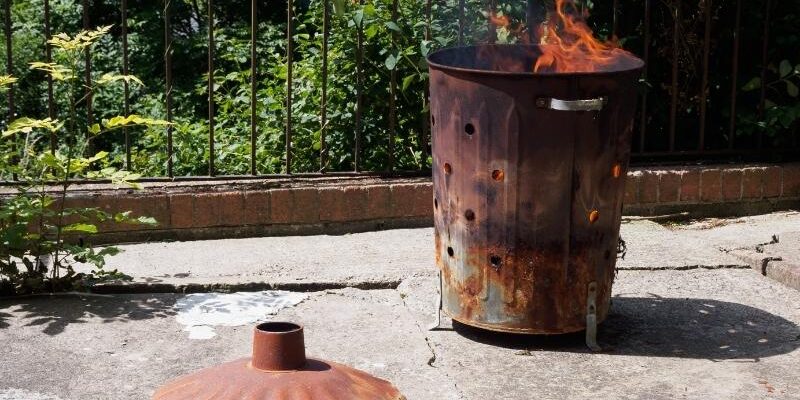
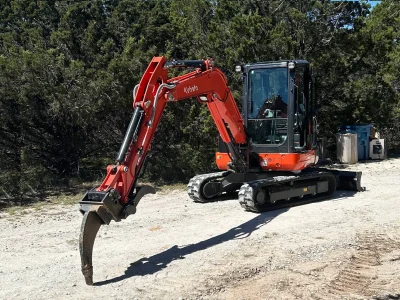
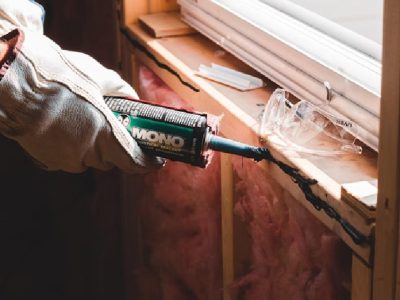

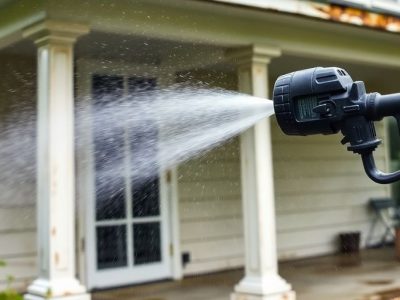

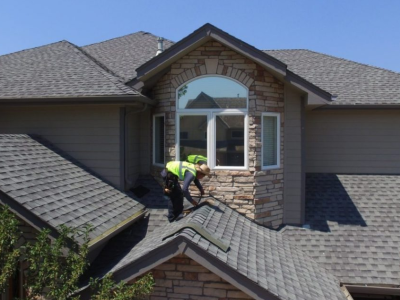


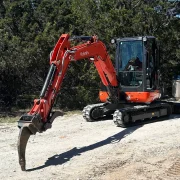

Comments